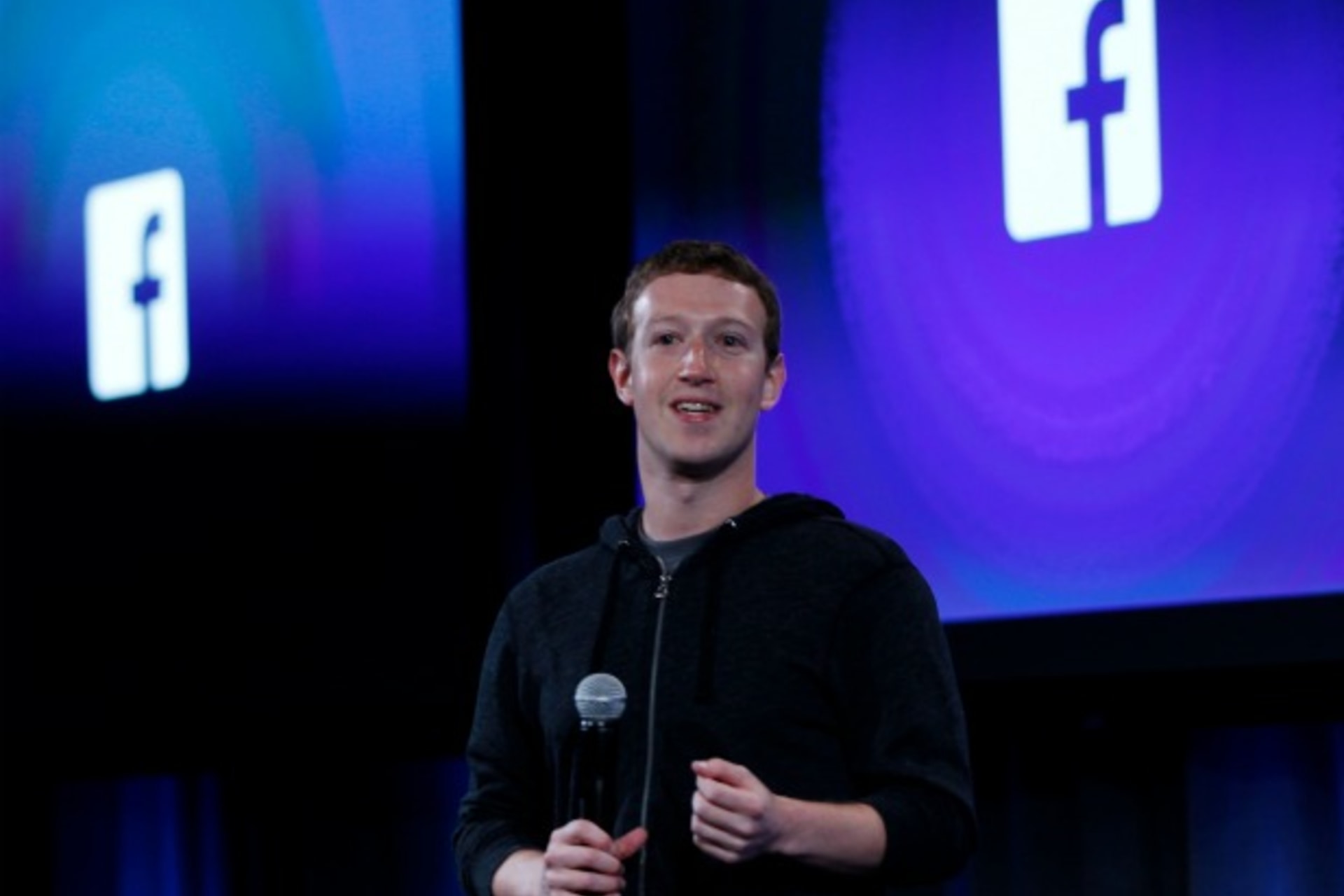Zuckerberg’s Love Affair With Xi Jinping

By experts and staff
- Published
By
- Elizabeth C. EconomyHoover Institution, Stanford University
Facebook CEO Mark Zuckerberg has recently stirred up controversy by advising his employees to read Chinese President Xi Jinping’s book The Governance of China, because he wants them to “understand socialism with Chinese characteristics.” The book appeared prominently placed on his desk during a recent visit from China’s Internet czar Lu Wei, and he apparently has bought a number of copies to share with others. (To be clear—and I am assuming Mr. Zuckerberg realizes this—Xi’s book is not a book that he, himself, wrote; it is a collection of his speeches and interviews.) For the free publicity he is providing the Chinese leader, Zuckerberg has been widely condemned on the Chinese Internet. Given Zuckerberg’s position as the CEO of one of America’s leading technology firms, it is worth exploring whether such criticism is deserved.
First, is Zuckerberg sucking up to Beijing? Clearly the answer is yes. Like many U.S. business leaders, he wants access to the Chinese market for Facebook, which he currently does not have: it is banned in China. So, Zuckerberg has undertaken a charm offensive of sorts: speaking Chinese to a group of students at Tsinghua University; telling his employees to read Xi’s book; and, most recently, hosting Lu Wei—who may be doing more to stifle Internet freedom than anyone in China—at his Facebook offices in Silicon Valley. This is little more than what countless American CEOs have done over the past decades—unappealing perhaps in its sycophancy, but basically the price of doing business in China. Every CEO has to decide for him/herself how deeply to kowtow.
Second, does Zuckerberg support the ideals that Xi espouses in his book? There is no evidence that this is the case—unless one wants to refer back to Facebook’s fairly serious problems with invading people’s privacy by tracking their online activity, making public people’s personal information, or sharing people’s purchasing habits with their friends. Zuckerberg has made no explicit reference to anything in Xi’s book, and it is not clear that anything in the book particularly resonated with him. He has merely told people to read the book to understand socialism with Chinese characteristics. (Frankly, I don’t think that people who read the book will come away with an understanding of socialism with Chinese characteristics—it is an ever moving target of political opportunism—but it is worth a try.)
As far as I can discern, Zuckerberg has merely suggested that people in the United States should know what the leader of China is thinking and where he plans to take the country. I agree with him. Xi is president of one of the world’s largest and most powerful countries, and his vision for his country’s future is squarely at odds with many U.S. interests. Arguably, there is no other foreign leader—save perhaps North Korea’s Kim Jong-un or Russia’s Vladimir Putin—whose views Americans should better understand. I don’t think that it is necessary that everyone read the whole book—it runs five-hundred fairly tedious pages; most people can get the gist from reading a few well-chosen speeches from the volume.
For Americans interested in reading the book, the Beijing Review magazine has been sending emails out to people offering complimentary copies. They can be reached at [email protected]. Otherwise, you can read a humorous take I posted a few months back or the not-so-humorous bastardized version Xinhua news agency translated and published (without my permission) last week. Either way, understanding the future of China under Xi Jinping is worth a few minutes of every American’s time.